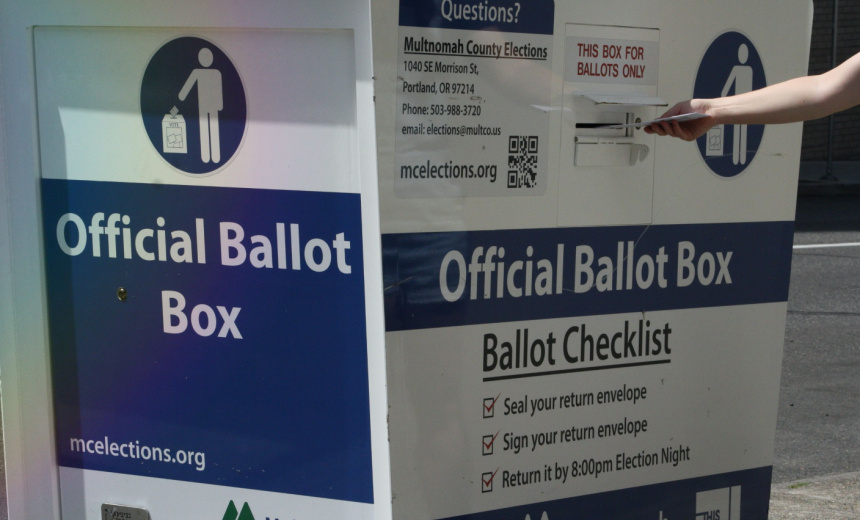Election Security,
Fraud Management & Cybercrime
Foreign Influence Campaigns Intensify as Experts Tout Election Security Upgrades

Foreign influence efforts are gaining momentum as the U.S. approaches what experts describe as the most secure election in its history. While concerns about cyber threats and physical security remain high, over 50 million Americans have already cast their votes according to early tracking data. A recent report from the Foundation for Defense of Democracies emphasizes that foreign interference persists, even as it struggles to achieve significant impact.
The report highlights that security researchers successfully identified and mitigated attempts at influence from Russian, Iranian, and Chinese actors before their messages gained traction. Analysts, including Max Lesser from the Foundation for Defense of Democracies, stated that there has been substantial progress in the U.S.’s preparedness against these campaigns compared to 2016.
Federal agencies are actively monitoring disinformation tactics, with the U.S. Intelligence Community reporting on a fabricated video released by Russian individuals, which falsely portrayed ballot destruction in Pennsylvania. This misinformation is seen as part of a broader scheme to undermine confidence in the U.S. electoral system and exacerbate divisions among the populace.
The Cybersecurity and Infrastructure Security Agency (CISA) recently launched a webpage aimed at providing the public with real-time updates on election threats and how foreign actors are attempting to sway the democratic process. This initiative underscores a proactive approach that includes a declassified assessment warning of potential threats once polling concludes.
On the physical security front, authorities are investigating arson incidents involving ballot drop boxes in the Pacific Northwest. Reports indicate at least two fires, one each in Washington and Oregon, with one incident destroying a significant number of ballots. Oregon Secretary of State LaVonne Griffin-Valade condemned these actions as direct assaults on democracy.
In light of these threats, David Becker, the executive director of the Center for Election Innovation & Research, reassured reporters during a media briefing that robust security measures are in place to address all types of challenges, including potential cyber and physical attacks. Becker expressed confidence that voters affected by these incidents would have opportunities to cast valid replacement ballots.
Amid the current landscape of uncertainty and heightened vigilance, it is crucial for business owners and stakeholders to remain aware of ongoing cybersecurity risks. The tactics involved in these influence campaigns may encompass areas such as initial access and persistence, as outlined in the MITRE ATT&CK framework. Understanding these methodologies can aid organizations in implementing effective defenses against potential cyber threats.
